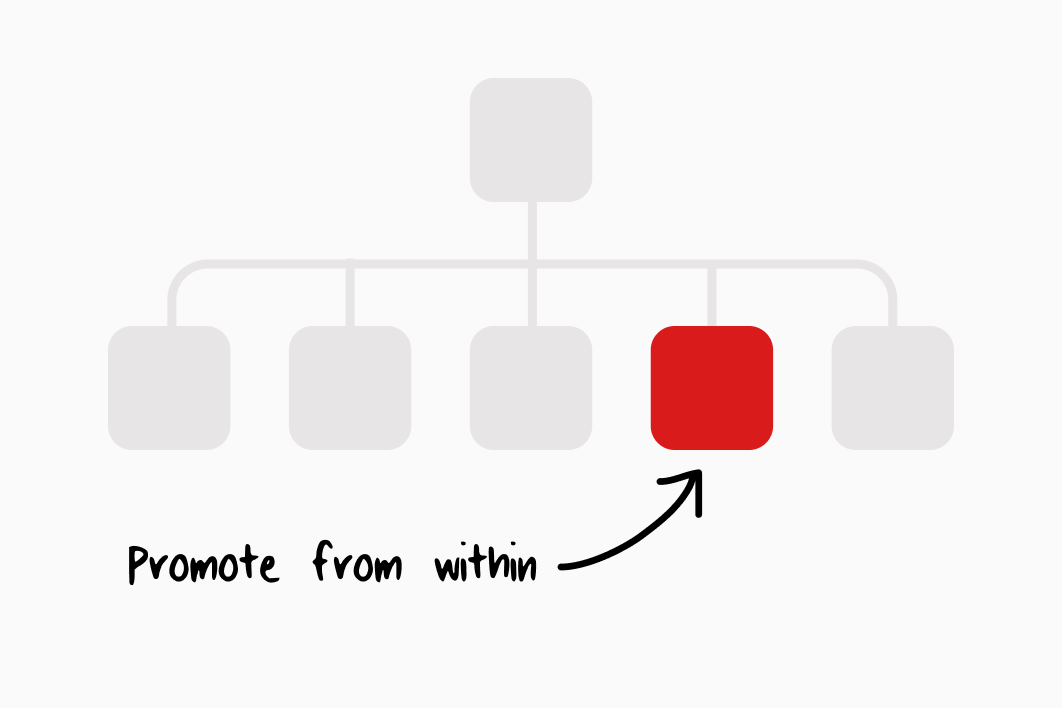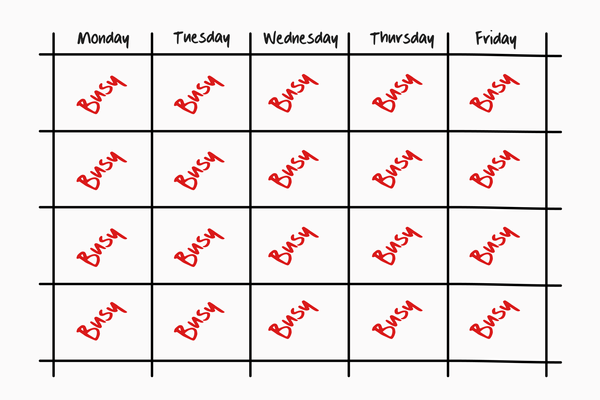Promote the Intern
Organizations can't spend their way to victory.

When I graduated from college, I didn't know what I wanted to do with my career. In late 2006, after an unfulfilling year at a consulting firm, I tried joining an investment firm. It was the start of the financial crisis, things were getting interesting in financial markets, and I had no money to lose.
But I had no experience. No investment banking internships in college; never read a 10-K; no idea what made a good company or a bad one. After months of searching, I met my future boss, Robert. Robert ran the trading desk at Oak Hill Advisors, a hedge fund and asset manager in New York City.
Robert was looking for someone who had recently graduated from college to join the trading desk. This was how he had started his career at Salomon Brothers in the mid 1980s, and he followed a model that he had seen work. After an interview of math questions (no point asking me about investing because I knew nothing), he agreed to a one month internship.
My first assignment was building an Excel model of the fund's future financials with a scenario machine in Visual Basic. I got the job in early 2007. Less then a year after I joined the firm, Bear Stearns collapsed, and Oak Hill's trader was unreachable on vacation. I traded my first bond.
I had been promoted from within. This worked well for both sides: the firm was able to train me to do things the right way, and I was loyal to the firm, ultimately staying for many years.
We're hiring!
"We're hiring! " was stamped on LinkedIn profiles everywhere during ZIRP to signal a company's success.
When startups raise a lot of money, they usually try to hire a lot of people. Money goes in and output follows, the concept goes. But the idea that money can deliver a top performing team is wrong. Oak Hill understood this, developing talent from within.
If it were possible to buy a top team, many more companies would succeed. Great teams routinely achieve the improbable task of bringing a startup from infancy to scale; mediocre teams never do. But great teams are very rare. Because you can't build an all-star team solely by spending money, startup success is also very rare.
During the zero-interest-rate-period of excessive, cheap capital, investors and companies ignored generations of team building lessons. Companies measured success by organization size, leading to bloat. Worse, quantity in hiring is inversely correlated with quality. The only way to scale a top performing organization is by developing and training talent from within.
At Albert, the banking app I run, we try to follow what I first saw work at 23 years old. My career started as an intern.

Albert's leadership team
At Albert, after years of expensive trial and error, we have hired all current executives with only two approaches:





